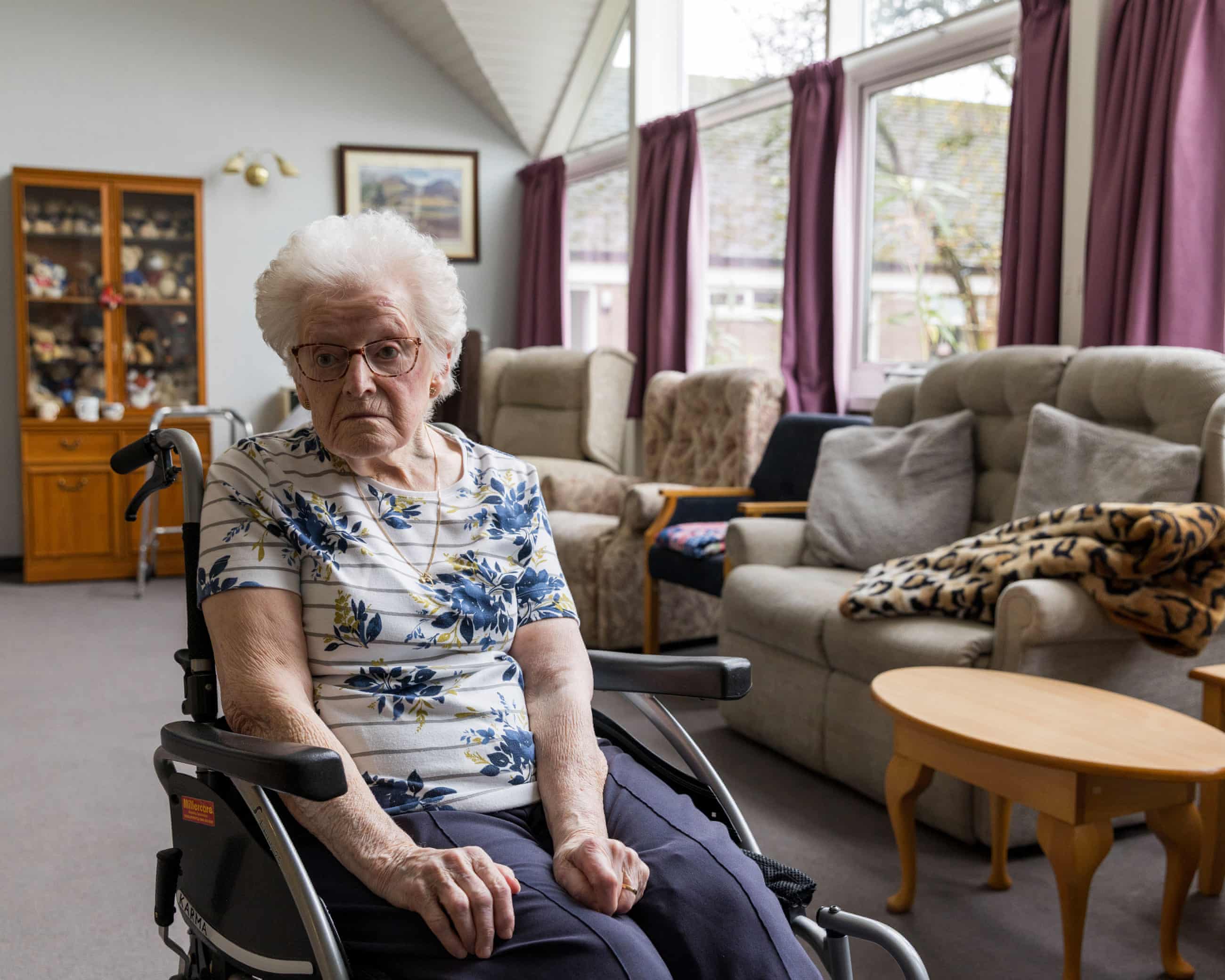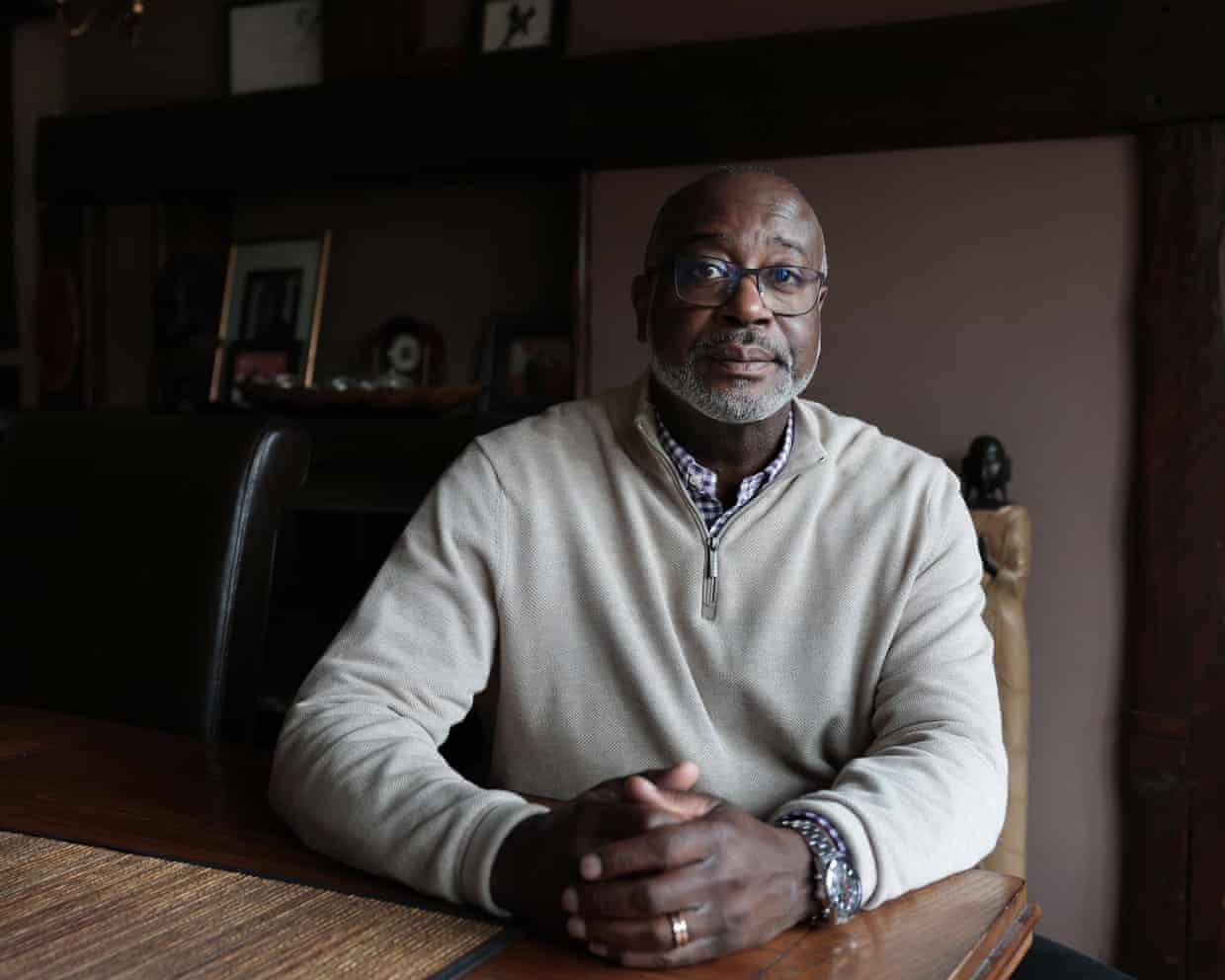‘This wasn’t about money, this was a life at stake’: the world of a sports lawyer

Simon Leaf was sitting in the doctor’s office next to a footballer receiving news that would change the player’s life.The footballer knew something wasn’t quite right and medical tests had been ordered.This was not long after Fabrice Muamba had been saved by the speed of paramedics after having a cardiac arrest on the pitch at White Hart Lane, Leaf recalls, so tensions were heightened.As the player’s lawyer, Leaf was asked to attend when the worst was confirmed and the consultant revealed the player had hypertrophic cardiomyopathy – the same condition as Muamba, where the heart muscles thicken and blood is pumped less efficiently.“To get the results with him, to talk him through his options, to try to guide him through that process was a truly humbling experience,” Leaf says.
“Advising on if they were to continue to take that risk, what that looks like in terms of the support available to him from clubs and his international team,Making sure all those procedures are followed to ensure his safety can be preserved as far as possible,“In the work we do generally the best or worst that can happen is someone makes some money and someone loses some money,This is somebody’s life and his family’s livelihood at stake,You’re involved in helping to make the most difficult decisions.
It’s very different from your ordinary day job.”That, it transpires as Leaf peels back the curtain on his job, is an understatement.From working with Saudi royalty to the parents of academy players, he discloses what it is like to be a sports lawyer.The 39-year-old points out that sports law wasn’t a major field when he started.Now, particularly in football, legal disputes provide fans with the drama they crave between matches.
It is woven so intricately into the game’s fabric that Manchester City fans once unfurled a “Pannick on the streets of London” banner in support of Lord Pannick, the lawyer defending the club against the Premier League’s 130-plus charges, and supporters have asked Nick De Marco, whose clients include Newcastle United and Leicester City, for selfies.Leaf recounts all-nighters.“That may be trying to get a deal done in a large boardroom but often it’s not as glamorous as that.Typically, it’s late-night Zoom calls, passing drafts between lawyers.It can get heated from time to time.
”It is not, however, all about mega-money deals (one he worked on was worth more than £1bn).Leaf’s pro bono work includes advising academy teenagers asked to sign long-term contracts.League rules allow pre-scholarship contracts to be offered to 13-year-olds.Players are not permitted to be represented by agents at that age.“There are a lot of good people in sport, but there are a lot of sharks looking to take advantage of families who often aren’t experienced as to how the industry works,” Leaf says.
“At that stage, the clubs hold all the power.You’ll get a situation where clubs are getting parents and young boys to sign documents that commit them to the club for the next three or four years, sometimes even longer, without any legal advice.”His previous firm launched a helpline for women in football who experienced discrimination to seek free advice.“Unfortunately, a week wouldn’t go by where we wouldn’t get a call for help,” Leaf says.“This was people from across the footballing world, from the boardroom to the boot room.
”Leaf “fell into law by accident”.He was a promising referee while studying business management at the University of Cambridge.“I was earmarked alongside the likes of Michael Oliver coming through the ranks.Most people were out partying every night and I was getting ready for Eastbourne away.”Securing sponsorship from BLP for a law conversion course enabled him to continue refereeing.
But when a knee injury ended that career, another began in sports law.As a trainee, he worked on real estate for the Football Association’s St George’s Park build, intellectual property for London 2012 and some of the first “receivables financing” deals at football clubs.If a club sells a player for £10m but is paid the money over three years, a lender gives the club £9m upfront and receives the full amount over three years.It is how many deals are financed.Leaf became head of sport at Mishcon de Reya, before recently setting up Three Points Law with Tom Murray, focusing on the intersection of sport and technology.
“Almost every deal we do now has a tech or intellectual property or data angle to it,Be it a player transfer or the big sponsorship and broadcasting deals,”Marcus Rashford and one of the technology companies that support video assistant referees are clients,The bulk of the work for that tech firm was preparing bids and negotiating contracts but it also involves analysing legal risks,In 2020 Hawk-Eye failed to award Sheffield United a goal against Aston Villa after the ball crossed the line.
The point kept Villa in the Premier League.“That’s exactly the kind of issues we’re looking at when we’re acting for these vendors.Where does the liability sit? Can some of these risks be insured against?”Players are increasingly using data in contract negotiations.“Athletes are actively looking at monetising their own data,” Leaf says.“We advise other sports on whether you can commercialise live heart-rate data.
Seeing if there’s a way to bring that to the spectator so you can truly see the pressure these athletes are under.”

Woman killed herself after south London hospital neglect, coroner concludes
A woman killed herself after a south London psychiatric unit failed to search her possessions adequately, a coroner has concluded.Michelle Sparman, a personal trainer and call dispatcher for the Metropolitan police from Battersea, south-west London, died on 28 August 2021 at Kingston hospital, four days after trying to take her own life.The assistant coroner, Bernard Richmond KC, concluded that Sparman, 48, died of a hypoxic brain injury, determining she had died by “suicide whilst the balance of her mind was disturbed, contributed to by neglect”.He determined four probable causes of death: her struggles with anxiety and depression, including impulsiveness; a “difficult relationship” with her ex-partner, including “intemperate and excessive texting” from him, which called into question her mental health and fitness to be a mother; her “justifiable feelings of abuse” as a result of his behaviour, and inadequate searching on leaving and entering Rose Ward, a locked 20-bed female-only mental health unit at Queen Mary’s hospital in Roehampton.He cited her perimenopausal symptoms and financial and professional problems as possible causes

‘It’s cruel’: relatives of residents react to proposal to close Lancashire care homes
Elderly residents of care home left anxious after Reform-led county council started consultation over plans for its closureFor Marjorie Aspden, 95, Woodlands care home in Clayton-le-Moors in Accrington was the perfect place to spend her twilight years. When she looked out from the window of her room, she saw the woods that she played in as a young girl and felt a sense of contentment.Now she and hundreds of other elderly residents are facing uncertainty after the Reform-led Lancashire county council announced it would consult on plans to close care homes in the area.Last month it began a consultation on moving residents out of five local authority care homes and day centres into other premises. The consultation closes in mid-December and the cabinet will make a final decision on the closures in February

Why is social mobility such an obsession? | Letters
In recent discussions about changes in both the curriculum and forms of examination in English secondary education, one ambition has often been named: that of increasing social mobility.Quite why this aim remains unexamined is unfortunate. Nobody would wish any child to be refused access and support for any number of occupations. But we surely have to ask, as successive governments have not, why a focus on this aspiration obscures the much more socially radical and equitable aim of making all occupations viable, rewarded and respected.Surely there is already sufficient cut-throat competition within the English class system without enshrining ideas which focus on diminishing the value of jobs and occupations to be “escaped” from

‘Better and cheaper’: the case for prostate cancer screening among black men
Junior Hemans was having a routine health check in 2014 when he was diagnosed with prostate cancer, at the age of 51. He knew there was an increased risk of the disease in black men so asked to have a prostate specific antigen (PSA) test, which was not initially included.“And when I went, they said I had a raised PSA level for my age,” Hemans said. “[The diagnosis] was a shock … because I had no symptoms.”The PSA test, which is used to check for conditions including prostate cancer or an enlarged prostate, is not routinely offered on the NHS at present

Stephen Dawson obituary
My friend Stephen Dawson, who has died of cancer aged 78, had the questionable luck of being a newly minted urologist when Aids first struck in London in the early 1980s.The son of Philip, a nuclear physicist at the Atomic Energy Research Establishment at Harwell, and May, a housewife, Steve was born in London, went to King Alfred’s school, Wantage, and studied medicine at University College Hospital before qualifying as a fellow of the Royal College of Physicians in the late 70s. The decade that followed was both clinically fascinating and emotionally challenging.Working in genitourinary clinics around London, Steve helped chart the rise of HIV-opportunistic diseases while being able to do little to treat them. It was typical of him that, in 1988, he left Aids medicine in London for the professionally less glamorous Slough, to work as the first consultant in genitourinary medicine in east Berkshire

Two-thirds of nurses in UK work while unwell, says union
Nurses across the UK are working while unwell in understaffed hospitals, with stress as the leading cause of illness, according to research.A survey by the Royal College of Nursing (RCN) of more than 20,000 nursing staff found that 66% had worked when they should have been on sick leave, up from 49% in 2017.Just under two-thirds (65%) of respondents cited stress to be the biggest cause of illness, up from 50% in 2017. Seven out of 10 said they had worked in excess of their contracted hours at least once a week, with about half (52%) doing so unpaid.The NHS has more than 25,000 nursing vacancies across England

Crypto market sheds more than $1tn in six weeks amid fears of tech bubble

‘Fear really drives him’: is Alex Karp of Palantir the world’s scariest CEO?

Don’t blindly trust everything AI tools say, warns Alphabet boss

UK consumers warned over AI chatbots giving inaccurate financial advice

Jeff Bezos reportedly launches new AI startup with himself as CEO

White nationalist talking points and racial pseudoscience: welcome to Elon Musk’s Grokipedia